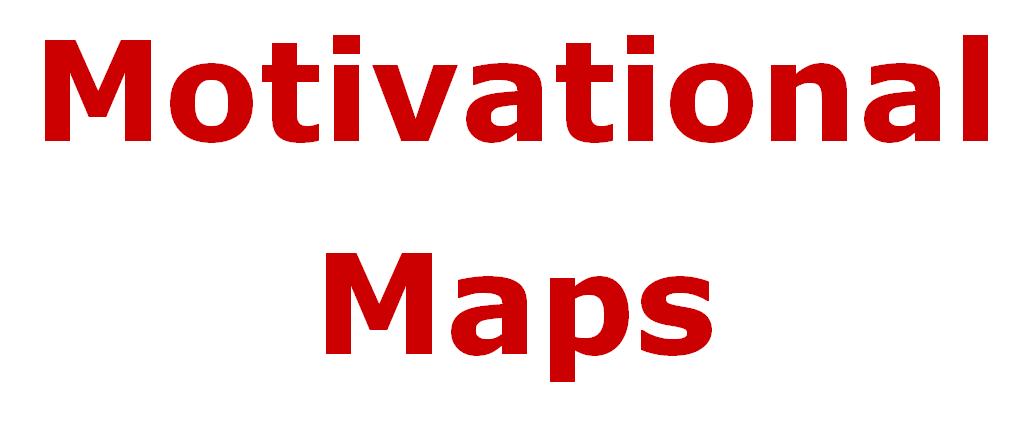The importance of motivation to drive performance
Inspired leaders know that having un-motivated, demotivated
or inappropriately motivated members within any team or work group can
bring many destructive aspects to a process.
Imagine if you could know precisely what motivates
each member of your team about their work? If you knew exactly what motivated them you could learn to
relate to them in ways that would tend to enhance their motivation and
not diminish it. You would know what to change or alter or add or
remove, perhaps refine the way you manage each person and watch as their
motivation grows. From that, performance improves, the business does
better and the staff are happier. Everybody wins
Two organisations, one
large and one small, have done just that:
Sue Morrison Customer Service Centre Huntingdon District
Council said:
“For me the
motivational mapping was particularly useful as I was able to focus on areas a
new member of the team excelled in whilst also improving my communication with
another member of the team being careful to communicate the current situation”.
Greg Ryan,Principal, Sowerbys Wealth Management
“Thank you,
really enjoyed the programme yesterday, I know it will be massively beneficial
to both our business and personal lives. The practical exercises proved really
useful in reinforcing just how different we all are in the ways we communicate
and absorb information.
For myself, it helped me understand just why certain clients I find ‘difficult’ and others i just ‘connect’ with immediately. It was a vital lesson delivered in an enjoyable way”.
For myself, it helped me understand just why certain clients I find ‘difficult’ and others i just ‘connect’ with immediately. It was a vital lesson delivered in an enjoyable way”.
Helping business leaders and managers to recognise and understand
the precise Motivational Drivers of their team allows them to accurately
design bespoke processes of incentives and rewards leading to more
production, more success and more commitment from staff who subsequently
will enjoy improved happiness and fulfilment from their work.
A person who continually gets what they need from
their work is happy and therefore far less likely to leave. If management
can be taught how to skilfully treat the talent in your business in
exactly the right way in, accordance with their unique individual
motivational drivers, then employee retention will soar.
What if you were to consider trying this new approach?
Using the Motivational Maps on-line diagnostic tool takes 15
minutes to complete and provides a 99.9% accurate ten page report
for each team member. We help you, the team leader, to understand the
Internal Motivational Drivers of all the individuals in the team.
In addition, from the above team member individual reports,
a full Team Audit Report can be produced which contains a wealth of
information about the dynamics of the team as a whole. When all the
reports are analysed and fully understood during subsequent consultation
time, recommendations and suggestions can be made that will help significantly
improve both individual and overall team performance moving forward.
Take this opportunity to find out exactly what you or your
staff actually need from their work to keep them motivated. You will
be surprised and we guarantee that the effect on team performance and
staff retention will be significant.
Motivational Mapping isn’t
just for teams. For individuals it can be particularly useful if you are
looking for greater direction, or a career change, as you can benefit from
having a deeper understanding of your own motivations.


